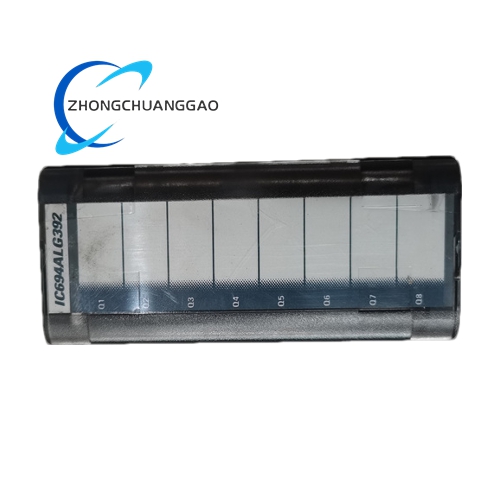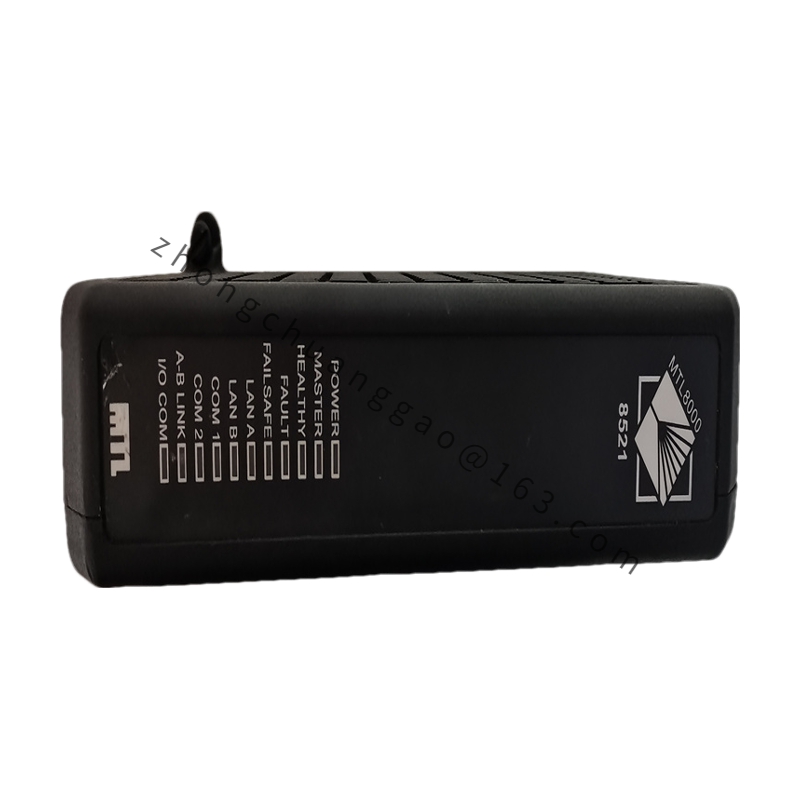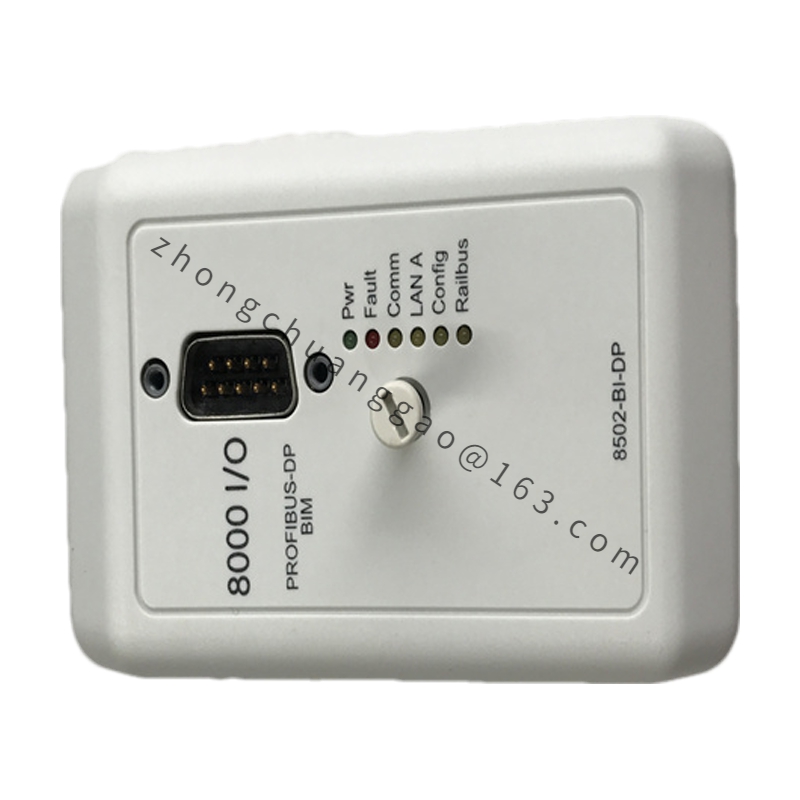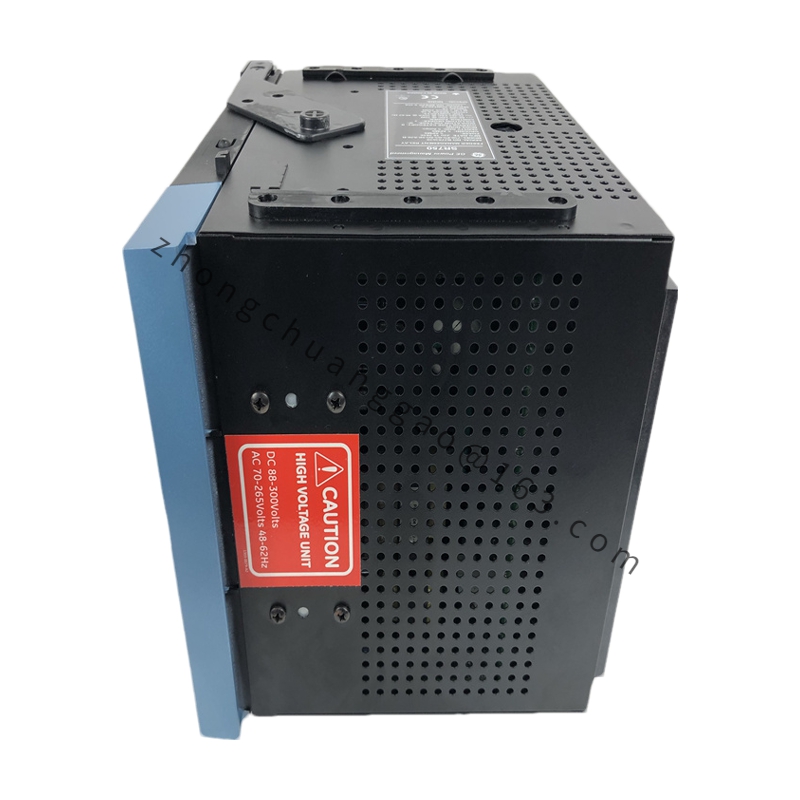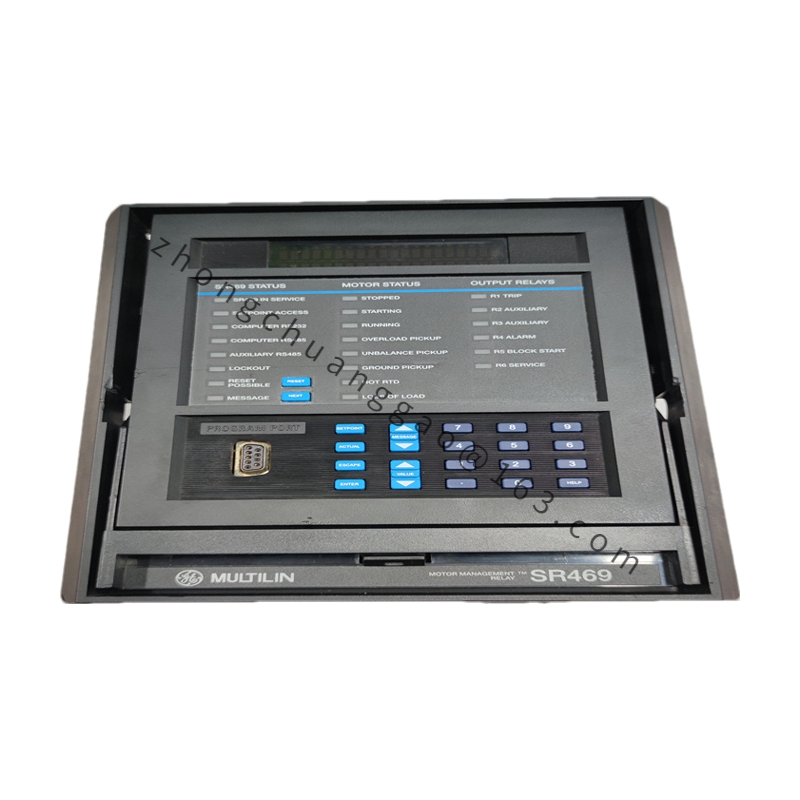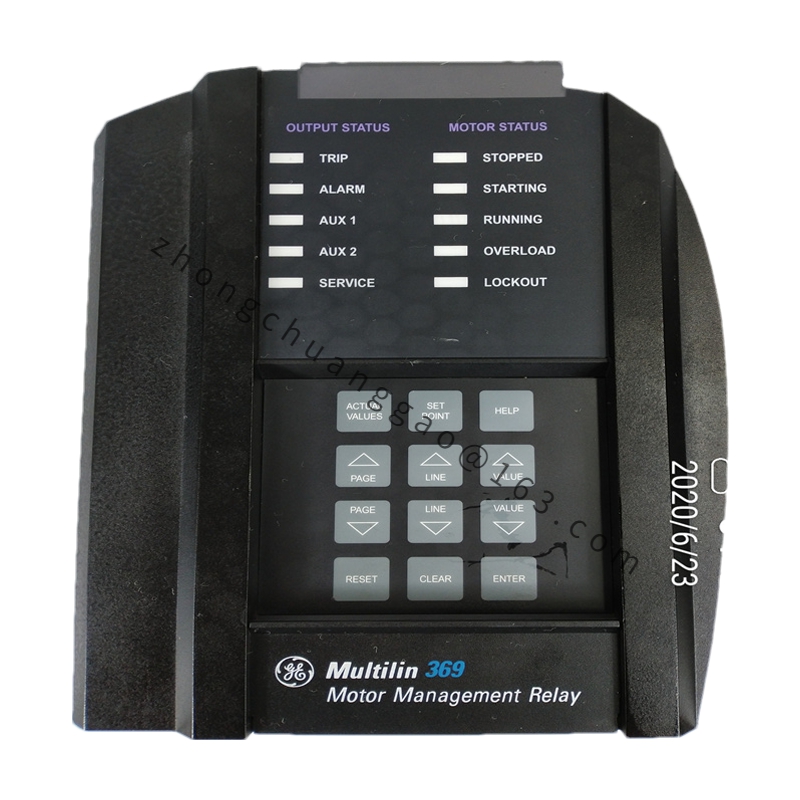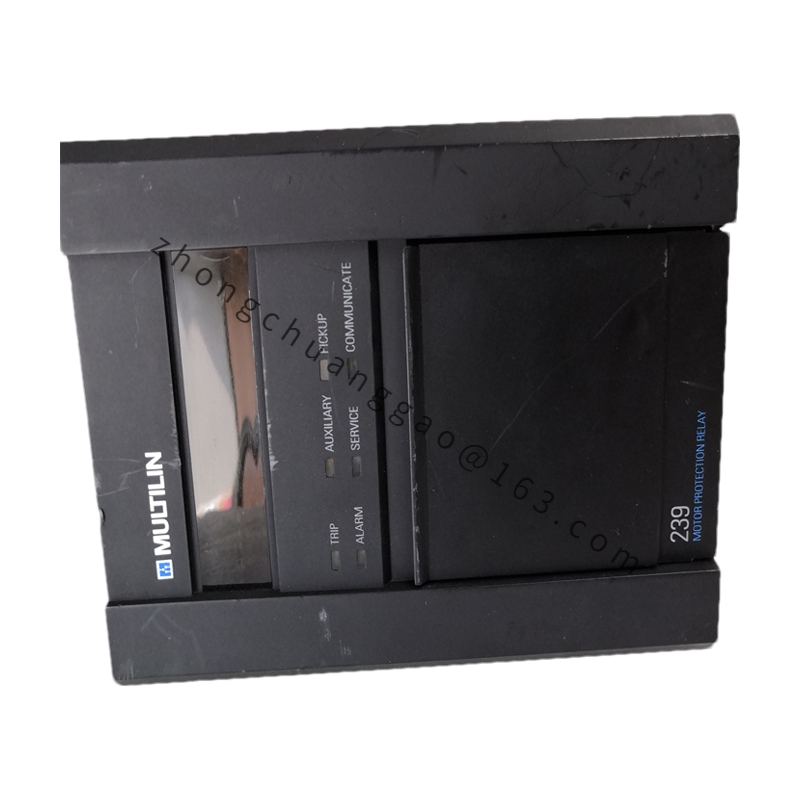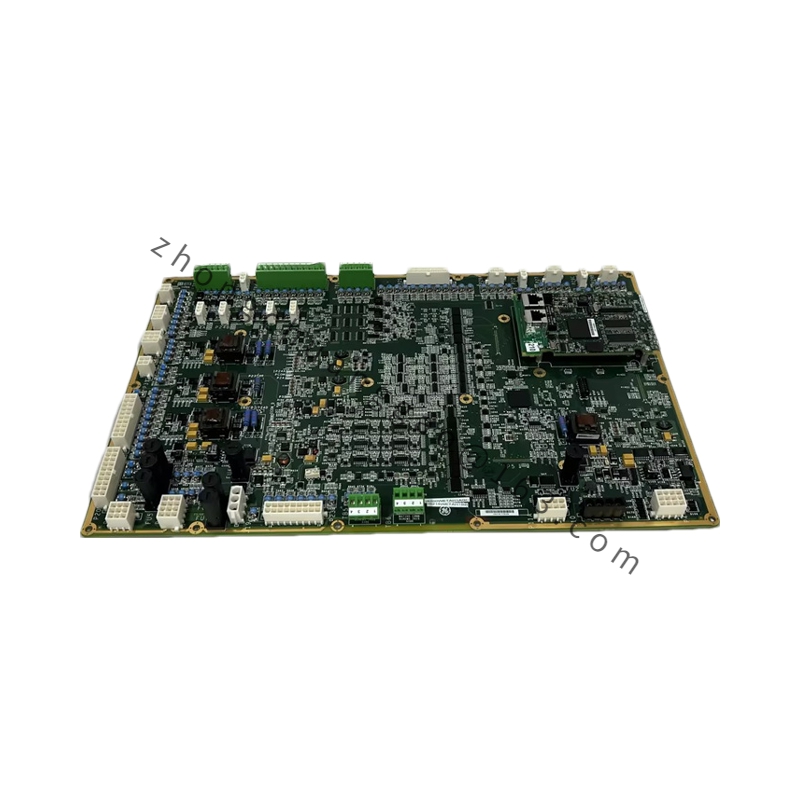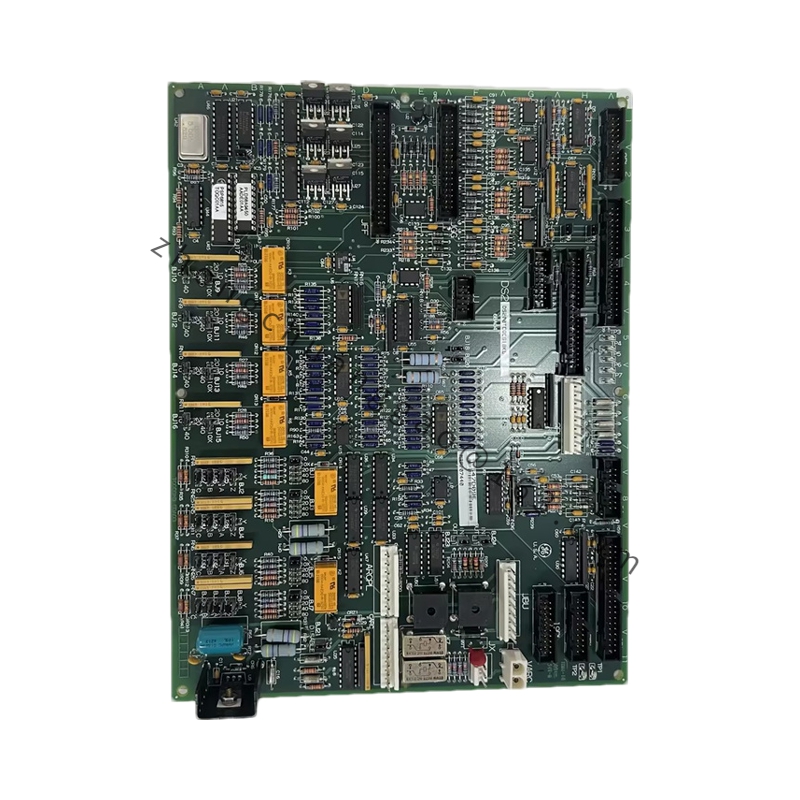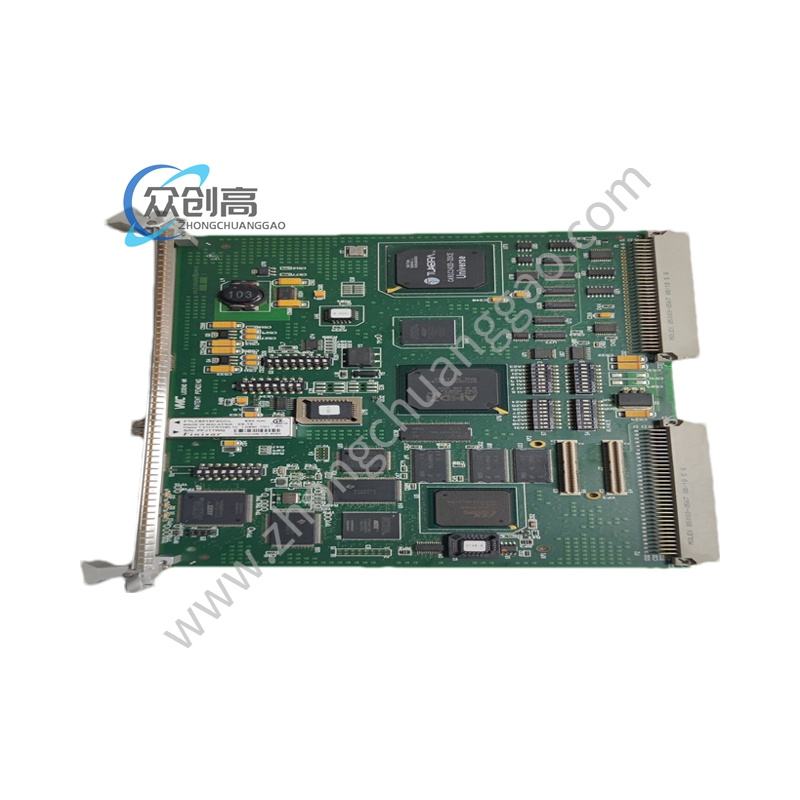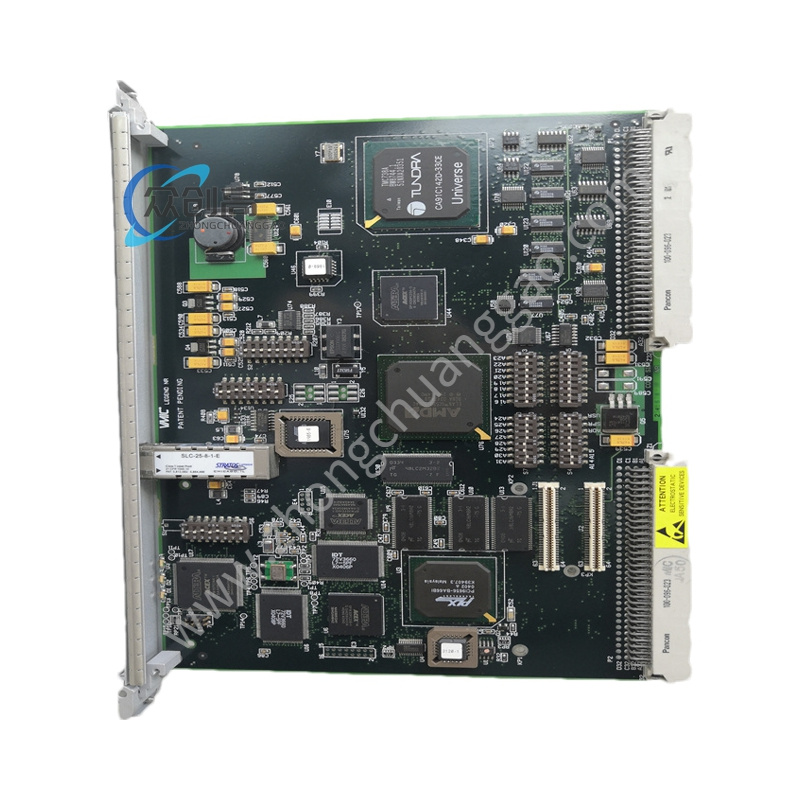GE IC698CRE040
Product Introduction
- Manufacturer: GE Fanuc.
- Series: PACSystems RX7i.
- Type: High – performance central processing unit (CPU) module.
- Function: It is designed for industrial automation and control systems, and is used to control various machines, processes, and material handling systems. It can execute complex control algorithms and logic, process a large amount of data, and support high – speed I/O responses.
Detailed content
Technical Specifications
- Processor: 1.8 – GHz Pentium – M microprocessor.
- Memory: 64 MB of battery – backed user memory and 64 MB of non – volatile user flash.
- Floating Point: Yes.
- Serial Ports: 3.
- Serial Protocols: Modbus RTU slave, SNP, serial I/O.
- Embedded Comms: RS – 232, RS – 485, Ethernet interface.
- Power Requirements: +5 VDC: 6.8 amps nominal; +12 VDC: 0.003 amps nominal; – 12 VDC: 0.003 amps nominal.
- Scan Rate: 0.024 ms per 1000 boolean contacts/coils.
Functional Characteristics
- Redundancy Support: It has hot – standby (HSB) redundancy. However, it requires a redundancy CPU and a redundancy memory xchange module (IC698RMX016) configured as a redundancy link in each unit.
- Rich Communication Interfaces: It is equipped with 2 serial communication ports supporting RS232 and RS485 communication standards, 2 RJ45 ports for Ethernet connectivity, and 1 station manager port. The Ethernet interface supports data exchange using Ethernet Global Data (EGD), TCP/IP communication services using SRTP, Modbus/TCP server, and Modbus/TCP client.
- Programming Languages: It supports programming languages such as ladder diagram, C, structured text, and function block diagram, in line with the IEC 61131 – 3 standard.
- Data Monitoring: Web – based data monitoring is possible, supporting a combined total of up to 16 web server and FTP connections.
- High – speed Processing: With a 1.8 – GHz processor and a scan rate of 0.024 ms per 1000 boolean contacts/coils, it can efficiently process various data and control instructions.
Application Scenarios
- Manufacturing Industry: Such as automotive manufacturing, electronic device production lines, etc., for 生产线自动化控制,robot control, and packaging machinery control.
- Energy Industry: Used in power plants, substations, oil and gas facilities, etc., for the monitoring and control of power generation, transmission, and distribution systems, as well as energy management.
- Infrastructure: Such as water treatment, sewage treatment, etc., for automation control.
- Transportation Industry: In logistics, warehousing and other transportation – related control systems.

